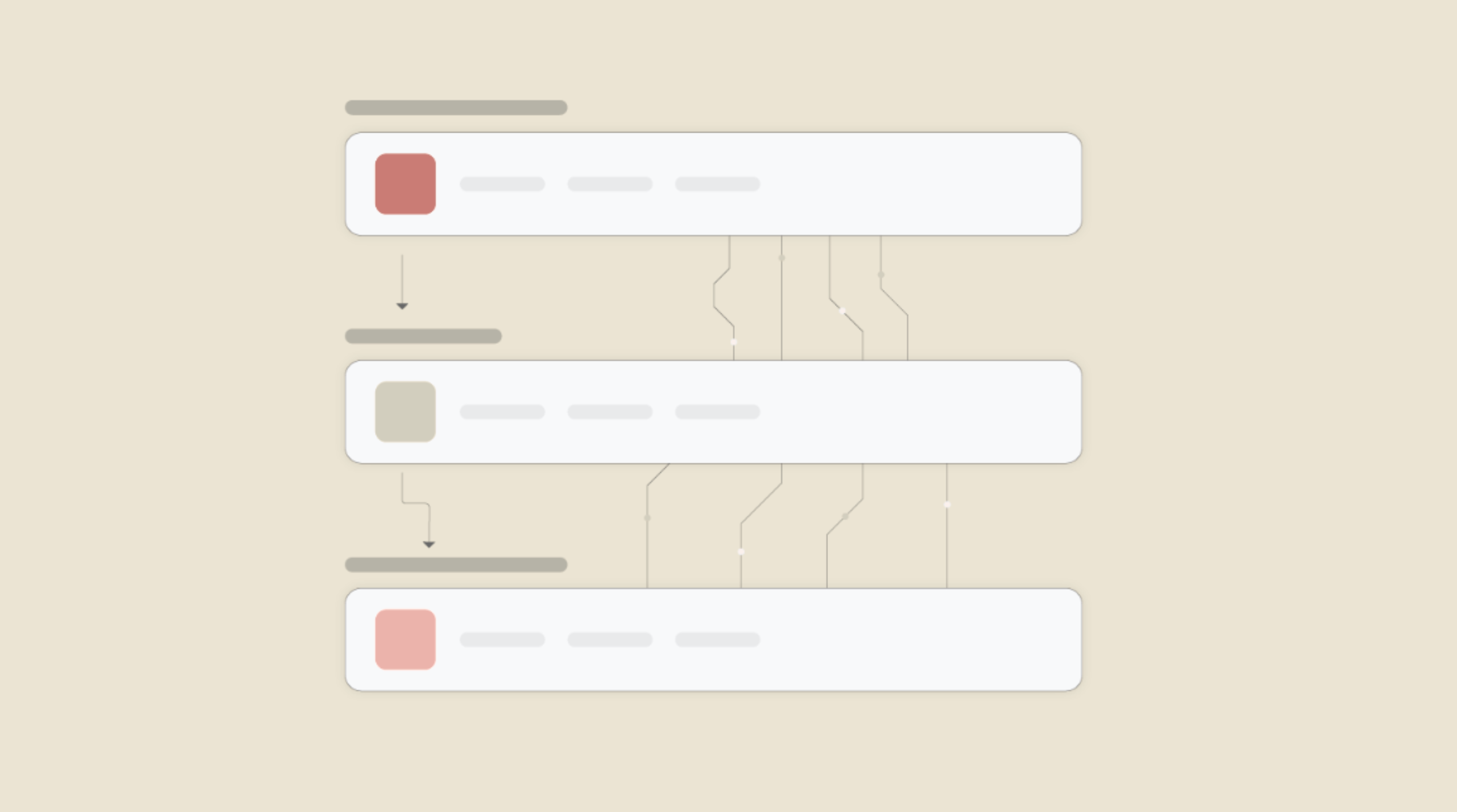Connect TRIPLOG and SMTP to Build Intelligent Automations
Enable Integrations or automations with these events of TRIPLOG and SMTP
Enable Integrations or automations with these events of TRIPLOG and SMTP
Actions
Get State Mileage
Get an existing state mileage.
Search Receipts
Search a Receipts.
List Trips
List all Trips corresponding to email.
Create User
Creates a User.
Send Email
Send a Message.
Explore more automations built by businesses and experts
Know More About Triplog and Smtp Integrations

How viaSocket Works | A Complete Guide
Gain insights into how viaSocket functions through our detailed guide. Understand its key features and benefits to maximize your experience and efficiency.

5 Simple Automation Hacks to Make Your Team Free
Unlock your team's potential with 5 straightforward automation hacks designed to streamline processes and free up valuable time for more important work.

What is Workflow Automation - Definition, Importance & Benefits | A Complete Guide
Workflow automation is the process of using technology to execute repetitive tasks with minimal human intervention, creating a seamless flow of activities.
Frequently Asked Questions
To start, connect both your TRIPLOG and SMTP accounts to viaSocket. Once connected, you can set up a workflow where an event in TRIPLOG triggers actions in SMTP (or vice versa).
Absolutely. You can customize how TRIPLOG data is recorded in SMTP. This includes choosing which data fields go into which fields of SMTP, setting up custom formats, and filtering out unwanted information.
The data sync between TRIPLOG and SMTP typically happens in real-time through instant triggers. And a maximum of 15 minutes in case of a scheduled trigger.
Yes, viaSocket allows you to add custom logic or use built-in filters to modify data according to your needs.
Yes, you can set conditional logic to control the flow of data between TRIPLOG and SMTP. For instance, you can specify that data should only be sent if certain conditions are met, or you can create if/else statements to manage different outcomes.
About TRIPLOG
TripLog is a comprehensive mileage tracking and expense management solution designed to help businesses and individuals efficiently manage their travel expenses. With features like automatic mileage tracking, expense reporting, and integration with accounting software, TripLog simplifies the process of tracking and managing travel-related costs.
Learn MoreAbout SMTP
SMTP (Simple Mail Transfer Protocol) is like a digital postman that sends your emails to the right place on the internet. To use it, you’ll need the SMTP server address (like smtp.gmail.com), port number (587 or 465), and your email login credentials.
Learn More




